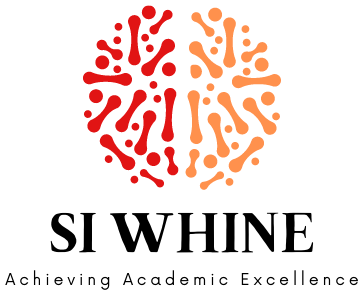In executive coaching, the focus is on nurturing careers in the healthcare sector. This involves working with individuals who are in a position of authority and responsibility within their field. Coaching can provide these professionals with the tools they need to reach their goals, both professionally and personally.
To make executive coaching in healthcare work it relies on willing staff to help in the process, but the gain for them is to have a colleague that is up to the job and feels comfortable in it.
We shall consider how this kind of coaching can help improve staff in ways that give them the mindset to cope with all that they will face in their higher positions.
In healthcare, whatever specialty someone is in, there will be upsetting situations that, in their mind, will be difficult not to take home with them in their thoughts.
Every day is different and a constant challenge in the healthcare sector. It is coaching that prepares people for executive roles that take more of the burden of responsibility and so provide more of a challenge. These kinds of roles are challenging enough to fulfill, and more so if executive coaching is not a possibility.
Benefits of Executive Coaching
There are many benefits to executive coaching, including improved communication, increased productivity, and better time management skills. In addition, Business Leadership Executive Coaching can help employers, administrators, and other people in positions of power in the healthcare sector to identify their strengths and weaknesses, set realistic goals, and create action plans to achieve these goals. Ultimately, executive coaching can help healthcare professionals to reach their full potential within their careers.
It makes sense to employers and employees to have staff achieve what they are capable of. It is essential in healthcare that everyone communicates effectively with one another and that each person knows the strengths and weaknesses of another. This allows only their strengths to be directed towards patient care. We need to be able to learn from anything that does not go to plan so that we are always looking to raise standards and meet guidelines.
Coaching is Helpful to New and Existing Employees
Executive Coaching can be beneficial in terms of coaching both new and experienced professionals. In particular, it can help those who are struggling with their career transition or who are seeking to advance in their field. Coaching can also help healthcare professionals who are dealing with difficult issues such as job loss, burnout, or conflict within their organization.
Specific to the Healthcare Sector
Executive coaching helps many healthcare careers. Let’s understand this through an example. Say you want to buy a senior care franchise business. In this regard, executive coaches can help develop soft skills like communication, influence, presence, and a lot more. These skills can be used by each member involved in the senior care business, from people in managerial positions to front-line workers like doctors and nurses.
When done properly, it can also help nurses to be better leaders and more effective communicators. Nurses are often responsible for directing and coordinating care, so executive coaching can help them to be more efficient and organized. Executive coaching can also help doctors to be better leaders and managers.
Doctors often have to juggle a lot of responsibilities, so executive coaching can help them succeed in all areas.
Besides this, executive Communication Coaching can also help healthcare administrators to better manage and coordinate people. Healthcare administrators are responsible for the overall performance of their organization, so this type of coaching can help them to be more efficient in their roles. If the administration is not right, then every operation is likely to be affected, especially patient management.
Executive coaching is, therefore, a process that can help healthcare professionals in many different ways. If you are struggling with your career, executive coaching can be a helpful resource. If you are seeking to advance in your career, executive coaching can help you to reach your goals. Whether you are a nurse, doctor, or healthcare administrator, executive coaching can help you to be a more effective leader.




